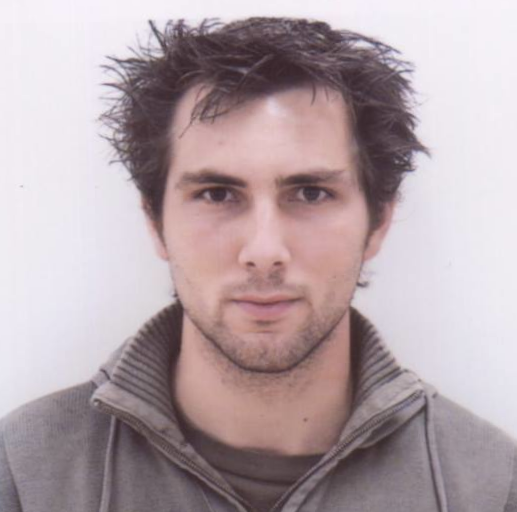Introduction to the dynamic modeling of thermal systems
Undergraduate course, University of Liège, 2013
The course was given at the University of Liege from 2013 to 2018. It teaches the bases of the Modelica language through theoretical and exercise classes, focusing on thermal systems.
Learning unit contents
The first part is a review of the fundamental concepts and of the basic definitions. The numerical methods required to solve dynamic problems are briefly described; initialization algorithms (Newton), integration algorithms (Euler, DASSL, etc.), index reduction (Pantelides), etc… The overal solution process is described by means of simples examples highlighting the most commong numerical issues (Chattering, stiffness, initialization, etc.). The second part describes more advanced concepts such as object-oriented modeling (inheritance, connectors, …) and acausal modeling. This is achieved through the open-source language Modelica, a modeling platform for complex non-linear systems. In the exercice classes, the student will experiment the theory through simple examples. More complex systems will then be developed using, among others, a model library developed at the University of Liege. In the final part, the student will face practical problems, such as the modeling and the control of a thermal power plant or of a refrigeration cycle.
Learning outcomes of the learning unit
At the end of the course, the student will be able to: *Structure and formalize a problem related to the dynamic modeling of thermal systems *Understand and use the required solution algorithms *Use a reference language (Modelica) as passive (use and interconnexion of already-available components) or active (develpments of new models) user. *Understand and describe the causal relations occuring in thermodynamic systems, and control them using linear controllers.
Course Material
The slides of the course can be downloaded here.
